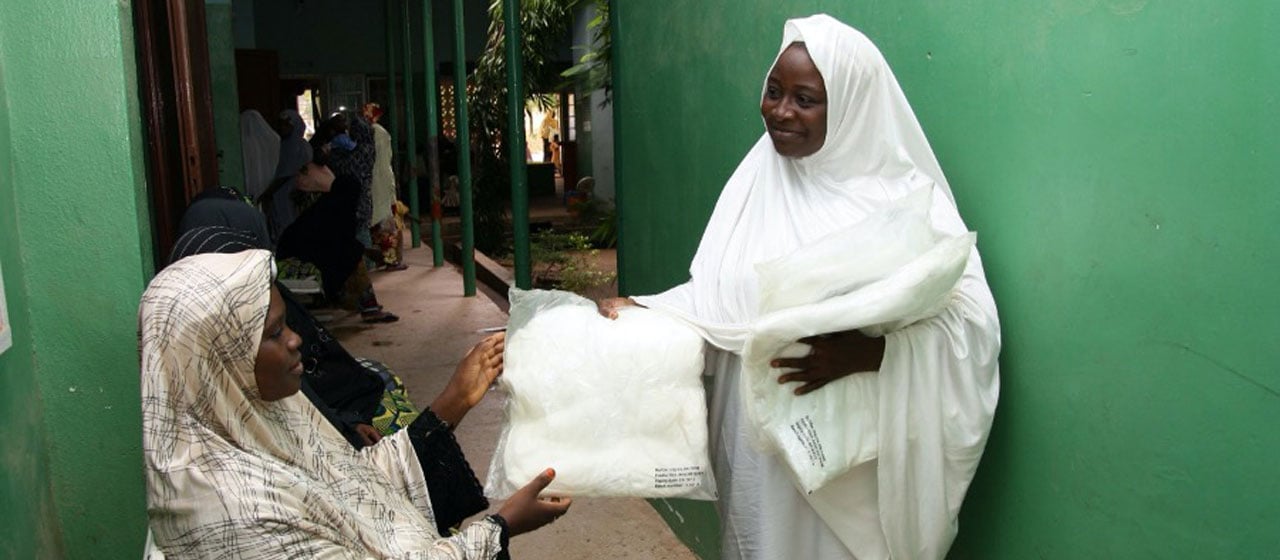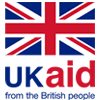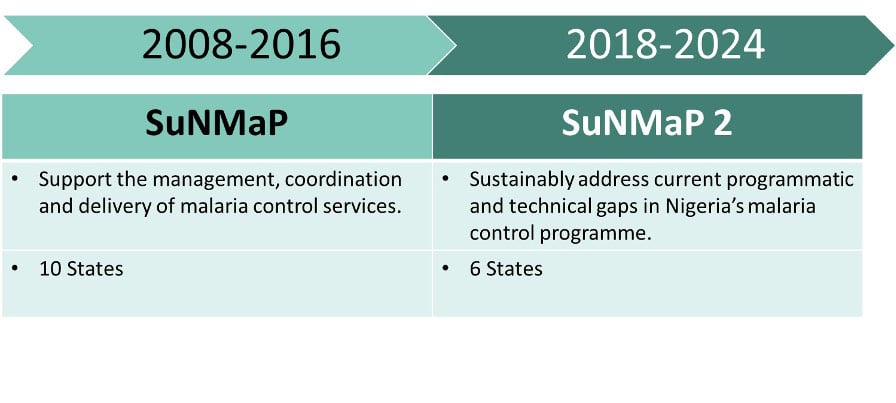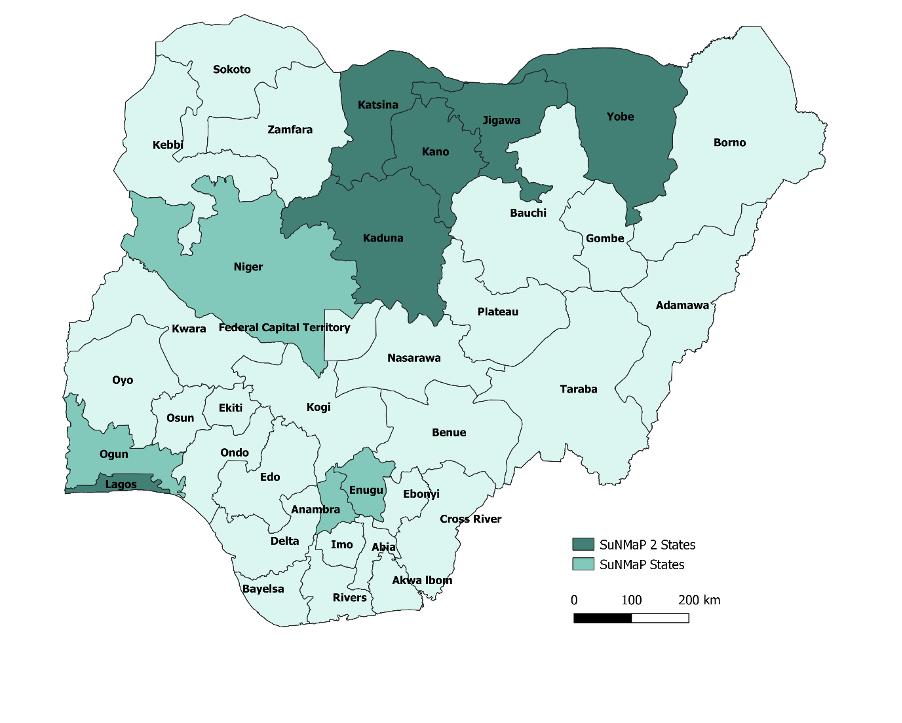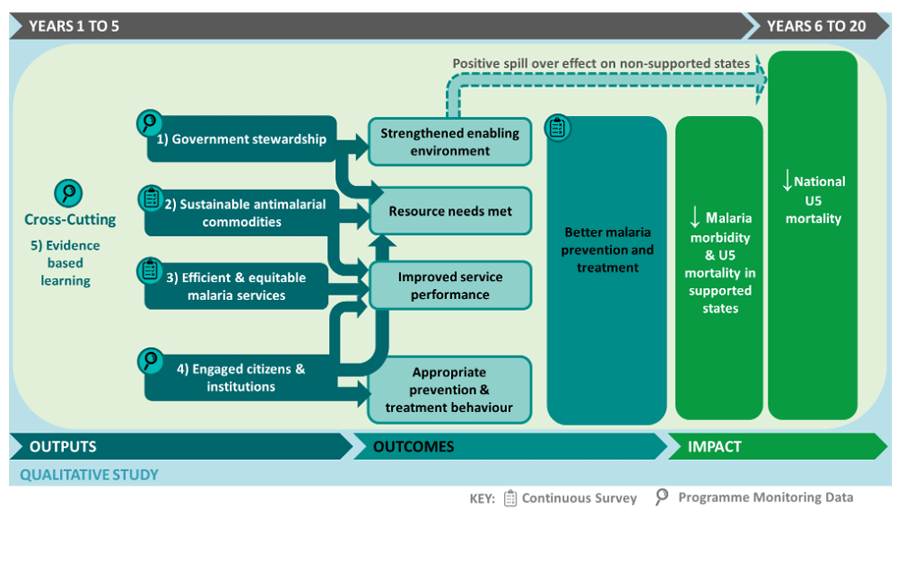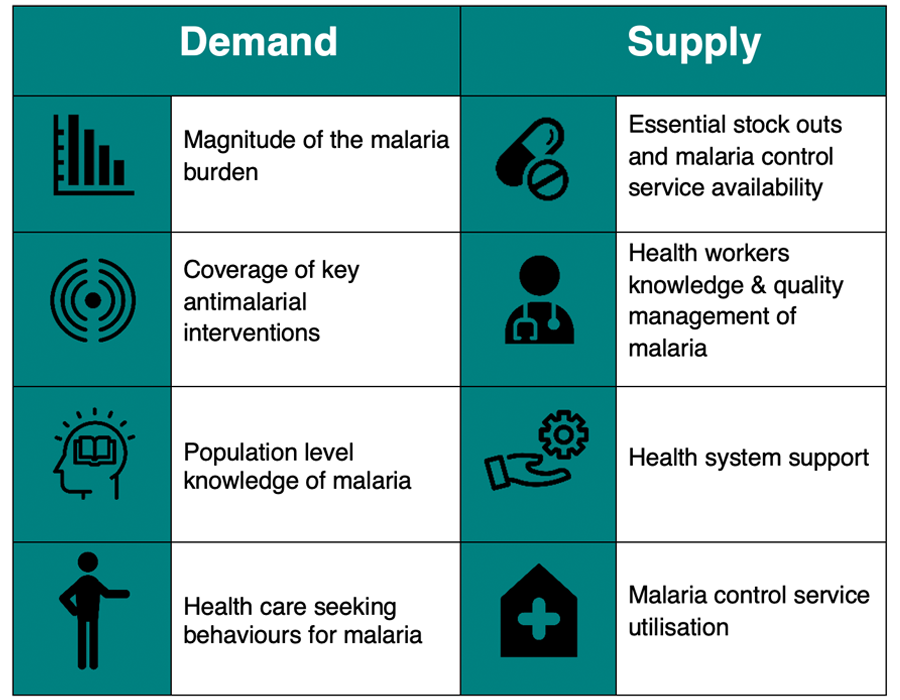We will find out how and why change occurs from UK Support to the National Malaria Programme in Nigeria and what drives sustainability.
The study collaborators are London School of Hygiene and Tropical Medicine, University College London, and Malaria Consortium, with funding from the UK Department for International Development.
Background
Nigeria contributes to 25% of all malaria cases and 24% of all malaria deaths worldwide, and is one of the ten highest malaria burden countries in Africa [1]. Support to the National Malaria Programme (SuNMaP) in Nigeria is a Department for International Development (DFID) funded programme that aims to strengthen the Nigerian government’s ability to reach the poorest and most vulnerable, with evidence‐based interventions to reduce the malaria burden by adopting a systems-based approach. SuNMaP can be divided into two phases.
- Phase 1
-
Phase I, was an £89 million programme which aimed to support the management, coordination and delivery of malaria control services. SuNMaP ran from 2008 to 2016, reaching ten states by the programme’s conclusion [2].
- Phase 2
-
The second phase, SuNMaP 2, is a six-year follow-up programme (2018-2024) led by Malaria Consortium in partnership with the National and State Malaria Elimination Programmes, Abt Britain, Federation of Muslim Women’s Association in Nigeria, the Health Policy Research Group of the University of Nigeria Innovision, Mannion Daniels West Africa, Nigeria Interfaith Action Association, and Springfield Centre.
Phase II is implemented in six of the original SuNMaP states - Jigawa, Kaduna, Kano, Katsina, and Yobe in Northern Nigeria and Lagos. SuNMaP 2 builds on the successes of phase I and aims to sustainably address current programmatic and technical gaps in Nigeria’s malaria control programme to facilitate DFID’s eventual and responsible exit from bilateral malaria support in Nigeria.
Map of SuNMaP and SuNMaP 2 states in Nigeria It is anticipated that SuNMaP 2 activities, should lead to sustainable gains including lives saved beyond the programme timeline, this is facilitated by gradually phasing out support over the course of the programme - from capacity building in the initial years of the programme to mentoring in the final years of SuNMaP 2. Further information on SuNMaP 2 can be found through the programme lead, Malaria Consortium.
SuNMaP 2 Longitudinal Study
The four-year longitudinal study adopts a mixed method design and will be conducted in two of the six SuNMaP 2 states, Kaduna and Kano.
The primary objective of the longitudinal study is to assess SuNMaP 2’s theory of change to inform the effectiveness of DFID’s exit strategy from bilateral malaria funding in Nigeria. This will be complemented by ongoing quarterly assessments of SuNMaP 2 to provide programme implementers with information on the degree to which the quality and coverage of malaria control interventions are being implemented; and whether coverage is sustained as partner support to the government is reduced. The results of the ongoing quarterly assessments will be regularly shared with the State and National Malaria Elimination Programmes.
The mixed method study design employs continuous surveys, qualitative case studies, and programme monitoring data.
- Continuous surveys
-
Continuous survey methodology will be used in the longitudinal study to collect quantitative data on the outputs associated with the availability of antimalarial commodities and service delivery, as well as measure the outcomes under the SuNMaP 2 theory of change. Continuous survey methodology, provides a means to both assess health programmes and obtain high quality timely data to direct programme implementation. The continuous survey will consist of quarterly cross-sectional surveys of households and the health services catering to those households, including both primary and secondary care, as well as private medicine vendors. Data generated from the continuous survey will be reported to Kaduna and Kano State Malaria Elimination Programmes and the National Malaria Elimination Programme on a quarterly and annual basis respectively for quality improvement of the health system. These quarterly reports will focus on the following areas:
- Qualitative case studies
-
The qualitative component of the longitudinal study will utilise a comparative case study approach. Cases will be defined geographically, to understand heterogeneity in impact; and temporally, to understand changes over time and sustainability. The qualitative case studies will be informed by the continuous survey data and use in-depth interviews and focus group discussions to understand the underlying mechanisms underpinning the theory of change.
- Programme monitoring data
-
Programme monitoring data and health information system data will complement the data collected through the continuous survey. This data will provide the contextual information associated with the implementation of malaria control interventions, as described by the outputs associated with strengthening the enabling environment, citizen and institutional engagement, and an evidence-based learning environment within the theory of change.
It is hoped that by developing an understanding of SuNMaP 2’s pathways of change and sustainability through the longitudinal study, that the National and State Malaria Elimination Programmes can better adapt and sustain DFID’s investment, and that this will support the translation of SuNMaP 2’s approach into new contexts.
Termination of the SuNMaP 2 Programme
In May 2021, during the transition phase of the programme, SuNMaP 2 activities were halted and later terminated in July 2021 by the UK Foreign, Commonwealth, and Development Office (FCDO) due to the challenging financial climate created by the COVID-19 pandemic. Despite difficult circumstances for study implementation arising from the COVID-19 pandemic, the SuNMaP 2 longitudinal study team had made significant progress across all study components up until the suspension of programme activities in May 2021. A study close-out report is available under the ‘Other materials’ tab. Should you be interested in better understanding or expanding on any of the research conducted please get in touch with the study team.
References
[1] World malaria report. 2019, World Health Organization: Geneva.
[2] Final Report: SuNMaP Programme 2008-2016. 2016, Malaria Consortium: London.
The SuNMaP 2 longitudinal study is led by London School of Hygiene and Tropical Medicine (LSHTM), with the qualitative component directed by University College London (UCL). Fieldwork and data collection is undertaken by Malaria Consortium, the SuNMaP 2 programme lead. The study is also supported by an external advisory committee comprising of leading national and international experts in malaria and health-systems.
Bilal
Iqbal
Clinical Associate Professor

Joanna
Schellenberg
Prof Epidemiology & International Health

Sarah
Marks
Research Fellow

Shay
Soremekun
Assistant Professor
Jyoti
Shah
Project Coordinator

Zelee Hill
Senior Lecturer

Chinazo Ujuju
SuNMaP 2 Senior Monitoring, Evaluation, Accountability, and Learning Specialist

James Tibenderana
Global Technical Director

Olusola Oresanya
Country Technical Coordinator, Nigeria

Dawit Getachew
SuNMaP 2 Senior Malaria Specialist

Mansur Darma
SuNMaP 2 Data Analysis Specialist

Ebenezer Ikechukwu
SuNMaP 2 State Monitoring, Evaluation, Accountability, and Learning Officer, Kaduna

Emmanuel Dagba
SuNMaP 2 State Monitoring, Evaluation, Accountability, and Learning Officer, Kano
External Review Committee
The External Review Committee acts as an independent advisory body to the SuNMaP2 longitudinal study team. The committee is comprised of leading national and international experts in malaria and health-systems, including representatives from the UK Department for International Development, Nigeria’s National Malaria Elimination Programme, the World Health Organization, and academia.
- Ebere Anyachukwu (UK Foreign, Commonwealth, and Development Office, Nigeria)
- Clara Ejembi (Ahmadu Bello University, Nigeria)
- Festus Okoh (National Malaria Elimination Programme, Nigeria)
- Abdisalan Noor (World Health Organization)
- Alex Rowe (Global Fund)
Read our SuNMaP2 Longitudinal Study Research Brief.
Read our SunMaP2 Longitudinal Study Close Out Report.
